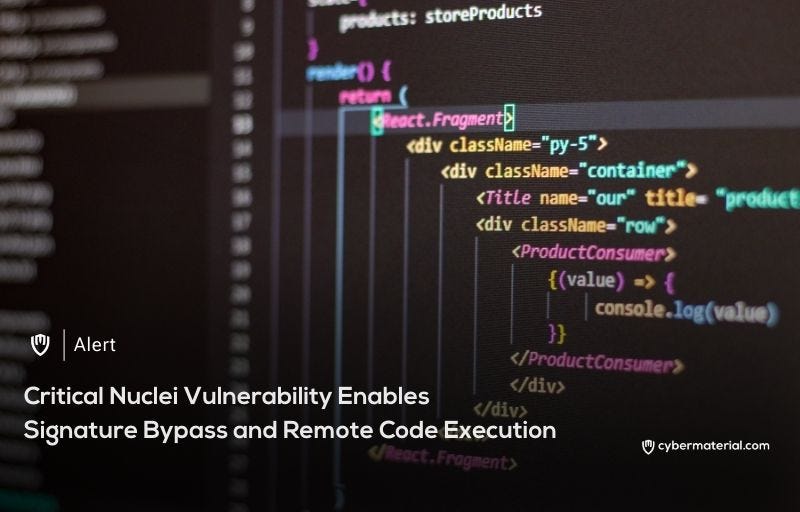
A high-severity security flaw has been discovered in ProjectDiscovery’s Nuclei, an open-source vulnerability scanner widely used in cybersecurity. Tracked as CVE-2024-43405, this vulnerability affect…

A high-severity security flaw has been discovered in ProjectDiscovery’s Nuclei, an open-source vulnerability scanner widely used in cybersecurity. Tracked as CVE-2024-43405, this vulnerability affect…